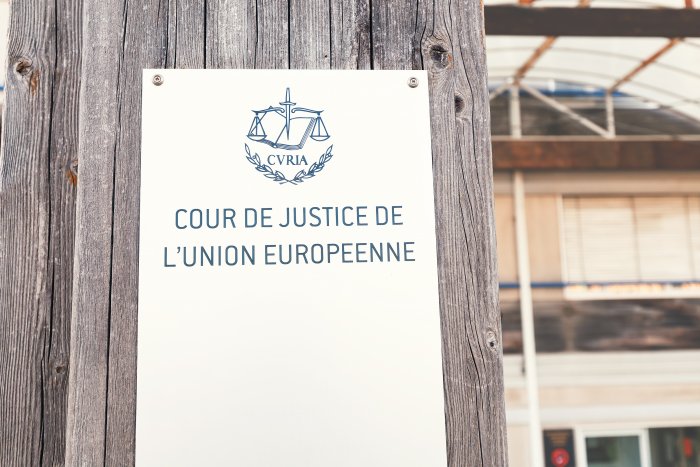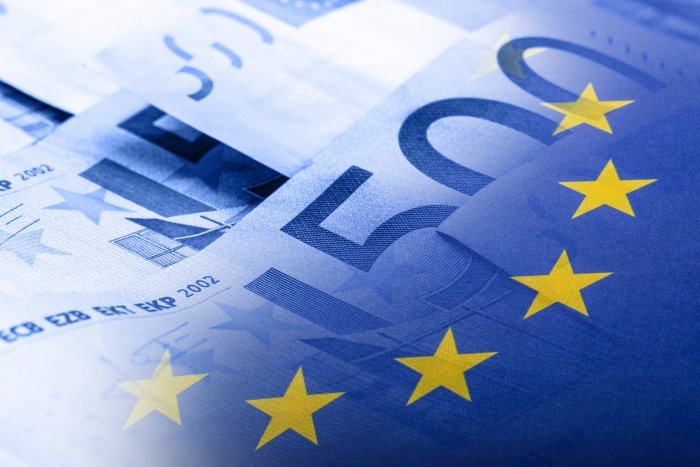Big business muddies EU’s biofuels debate

Soaring food prices and starving children provide a stirring backdrop to Europe’s debate on its biofuels targets, but the big businesses of farming, forestry and automotive could have a heavier influence on policy.
The green credentials of biofuels have come under attack in recent weeks over fears they compete for farming land and push up food prices around the world. Riots over food in more than a dozen countries, from Indonesia to Haiti, have added urgency to the debate.
In Europe, EU Commission proposals to source 10% of road transport fuel from renewable sources like crops and biomass by 2020 have been called into question. “Much of this debate is almost certainly politically motivated,” said analyst David Cunningham at Arbuthnot Securities. “Governments are having to balance between the greens and the farming lobby.” The debate has made big headlines in Britain, adding to the myriad of pressures on the ruling Labor party, which has become acutely sensitive to the media amid punishing poll results. British Prime Minister Gordon Brown said last month he would push for changes in EU targets if a review showed biofuels were driving up food prices and harmed the environment. “Environmental groups have been putting a lot of pressure on government here,” said Margaret Garn, editor of UK magazine Biofuels International. “There’s been tons of negative press and there was a big protest outside Downing Street in April,” she added. “I imagine the government is reacting to much of that.” By contrast, France is the second-largest biofuels producer in Europe after Germany and has vowed biofuels will account for 7% of total fuel consumption by 2010.
THREE DRIVERS
Regardless of the emotive debate on the negative effects of biofuels, the EU is still being guided by the three typical drivers of biofuels policy, says Jeremy Woods, a lecturer in bioenergy at the Centre for Environmental Policy, Imperial College London. These are: climate change, rural development, and energy security, whereby nations can reduce their reliance on oil imports by growing transport fuels at home. “In Germany, energy security and rural development are the main drivers, given the threat to their energy security from the east,” he said.
Europe has grown increasingly uneasy about its reliance on energy supplies from Vladimir Putin’s Russia after disruptions caused by disputes between Moscow and neighboring states, such as Ukraine and Belarus. “But in France, rural development has played out most strongly because they have huge areas of good quality land and have been insulated from Putin-inspired energy shocks,” Woods added. Germany also has its powerful automotive industry to consider. The government suffered a reverse at the hands of the car lobby last month when it was forced to postpone a new biofuels standard because it would have increased fuel costs for millions of motorists. That setback means Berlin is unlikely to meet its self-set target of achieving 17% use of biofuels by 2020 -- although it has not yet questioned the EU’s 10% goal.
RAISING THE BAR
Faced with growing unease among member states, the EU plans to tighten the criteria ensuring biofuel production is sustainable, including a stipulation that it represent a 35% carbon saving compared to oil. But setting the criteria has become a complex task, when a tweak of just a few percent can effectively rule out whole biofuel crops. Raising the bar to 40% for example, could rule out biodiesel from European rapeseed, which gives a 36% saving compared to oil, or ethanol from sugar beet, which gives a 35% saving. “France wants to grow biofuels at home, so wants sustainability criteria that favor crops grown in Europe -- rapeseed, sunflower oil, sugar beet -- which have fairly poor emissions savings,” said Frauke Thies, a renewable energy campaigner at Greenpeace.
The politics of EU biofuels production is set to be turned on its head in the future, however, when “second generation” biofuels from timber waste move from the laboratory to commercial production. Densely-forested Scandinavia could then take the lead, providing Europe’s greenest transport fuels, with typical carbon savings of around 80%. “That should mean they’re in favor of high greenhouse gas savings, but we haven’t heard that yet,” said Greenpeace’s Thies. Scandinavian nations’ current concern is that their future biofuels industry could be constrained by EU rules aimed at preventing tropical rainforest being cut down to make way for biofuels crops like palm oil. “What we have heard is them calling for looser criteria on the use of forestry for biofuels,” said Thies. (Guardian/Reuters)
SUPPORT THE BUDAPEST BUSINESS JOURNAL
Producing journalism that is worthy of the name is a costly business. For 27 years, the publishers, editors and reporters of the Budapest Business Journal have striven to bring you business news that works, information that you can trust, that is factual, accurate and presented without fear or favor.
Newspaper organizations across the globe have struggled to find a business model that allows them to continue to excel, without compromising their ability to perform. Most recently, some have experimented with the idea of involving their most important stakeholders, their readers.
We would like to offer that same opportunity to our readers. We would like to invite you to help us deliver the quality business journalism you require. Hit our Support the BBJ button and you can choose the how much and how often you send us your contributions.








